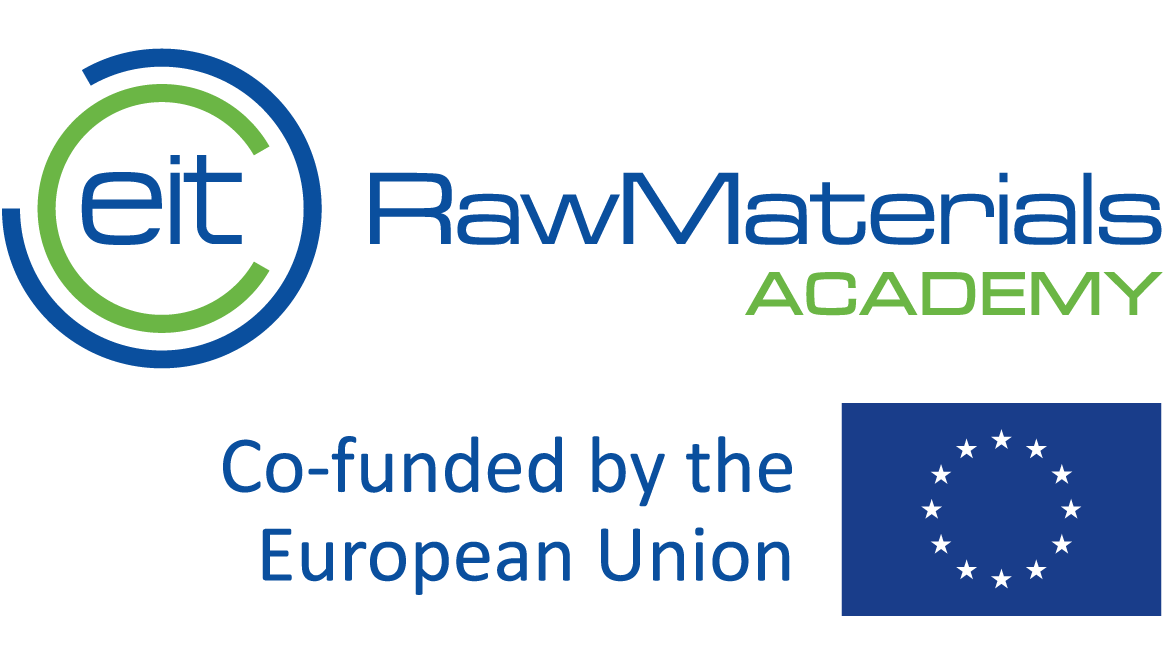Current practices in sustainability reporting and their system change potential in the extractives sector
Let us look more closely at what the contribution of sustainability reporting is with respect to being a system change lever in the extractive sector. Here, we utilize the Leverage Points (LPs) approach to provide the bigger picture of where practices in the European extractives sector stand to fundamentally change the way it operates on reporting.
Reporting is a practice of publicly disclosing and communicating the economic, environmental, and social performance of a company. For the company itself, it is about internalizing and improving it’s commitment to sustainable development. While it helps to understand progress towards sustainability performance, it can also be an important tool to communicate company efforts towards stakeholders in order to receive a Social License to operate and generate investment opportunities. Reporting can also be a two-way street with the inclusion of grievance mechanisms.
For a company or extractive site, approaches about how to identify, monitor and mitigate, as well as communicate potential economic, social, and environmental risks, is an important prerequisite to initiate change for sustainable management of extractives. The Leverage Points (LPs) approach by Donella Meadows goes beyond sustainable management, but rather identifies points in a (sub-)system (e.g. energy, mineral extraction), at which changes can trigger action in a system and ultimately transform it. Since deep leverage points are more complex in design and implementation, and take longer to unfold their transformative power, it is beneficial to simultaneously have interventions in place that change at different points in the system to evoke transformative processes.
Interventions in the system categories, material, and feedbacks (physical events: actions that target parameters, feedback loops, buffer stocks) mainly trigger the mitigation of risky events and support incremental changes of the extractive system. Actions targeting so called ‘deep’ leverage points provide system structure (e.g. rules, information flow: that moderate the feedback and parameters) and govern the system’s intent that more fundamentally transform a system.
Having system interventions in place, targeting the system categories intent and design, provides underlying conditions to enable system transformations. However, it also requires more ‘shallow’ interventions in order to make possible the changes in the system. This could be fundamentally influenced by changes in ‘deep’ leverage points (new system goals and the way institutions and rules are formed). Interventions addressing, for example, valuation of social and natural capital in its integration in reporting practices, such as financial corporate accounting or a company culture of substantive reporting (i.e. improving the situation on the ground of economic, social, and environmental impacts), are based on attitudes and worldviews.
These interventions, for example, address how companies look beyond their corporate actions and create shared value (benefits for the environment and society overall). Furthermore, it also involves reporting approaches that strongly aggregate information on the company level towards a site-specific reporting system that allows for a more subtle monitoring approach. ‘Shallow’ leverage points, with regards to reporting practices, address, for example, simple parameters, such as decreasing water consumption, the frequency of reporting, or affecting feedback loops (i.e. response time to reported grievances or recovery time after injuries). While deep interventions show strong transformative power, they are also much more difficult to design and implement, and require more time for their transformative capacity to unfold. Consequently, a mix of different actions is required that target different points in the system.
Extractive sector practices targeting reporting and their positioning in the Leverage Point spectrum
 Figure 1: Number of analysed reporting practices per Leverage Point
Figure 1: Number of analysed reporting practices per Leverage Point
For reporting practices in the extractive sector, we identified a total of 16 practices, targeting different leverage points. The majority of these practices address leverage points in the design category. Only few practices address either shallow leverage points (feedback or material category) or the category intent.
A majority of practices target the change of information flows and a restructured and transparent access to information. Clearly, interventions on reporting very much represent leverage points concerned with the way information is collected, assessed and utilized, and by whom it can be accessed (e.g. companies or also the ‘public concerned’, affected stakeholders in, for example, local communities near mineral extraction). The results show that the majority of interventions are targeting the extractive sites in regards to how those sites are monitored and how the collected data is assessed. These monitoring approaches are mostly implemented by companies or external auditors and contain tools, such as protocols, guidelines and assessment schemes, on what and how to monitor information, for example, safety, mine closure, biodiversity and conservation management.
 Figure 2: Target actors addressed by practices along the Leverage Point spectrum
Figure 2: Target actors addressed by practices along the Leverage Point spectrum
Only a few practices take up approaches that include the information of affected stakeholders, either to educate about extractive operations or to build trust as a basis for a social licence to operate. While these communication and information provision actions directly target affected stakeholders, such as the municipality, citizens or the general public, they are not designed as two-way communication processes: which would enable affected individuals or groups of society impacted by extractive activities to issue complaints, or the creation of channels (i.e. grievance mechanisms) for this purpose by industry actors. Furthermore, it could encompass the role of more neutral or independent actors, such as third party auditing organizations, the use of widely accepted standards, or the involvement of citizen groups or independent experts in the company’s reporting practice.
Implications and outlook
In our brief analysis on interventions about sustainability reporting, we found that the majority of identified practices address leverage points in the design category. These practices are almost exclusively carried out by industry actors and primarily comprise company protocols, guidelines and tools to monitor and assess site level operations. The lack of involvement of either independent auditors or affected stakeholders (e.g. citizens, municipalities or NGOs representing nature conversation interests) is expected to hamper trust in these reporting systems and efforts to increase transparency.
Consequently, they also undermine efforts to build a social licence to operate. Either the establishment of networks and other governance bodies (e.g. such governance bodies could represent Leverage Point 4 on power for changing system rules and structures, i.e. who is monitoring and assessing information, community monitoring systems), including affected stakeholders or independent reporting authorities or reporting standards with strict and independent company certification and auditing, could counteract such a trend. Moreover, while design interventions are important levers for system change, their influence might still be limited to well-known and established system parameters (i.e. increased level of dam safety, mitigating impact on species and habitats), which only incrementally change a system towards sustainable management.
The complete absence of interventions or practices targeting leverage points on the intent category might indicate that current practices focus on improving the sustainable management of the existing system, but do not provide the necessary system changing impetus to notably transform the extractive sector towards sustainability: this relates to the question of what, how, and to what extent companies monitor, assess, and take corrective actions. To cover real change on the ground and site level, companies need to set specific targets for the full range of economic, social, and environmental impacts that even go beyond their operations, such as affecting their suppliers or host communities.
Share this
Sustainable Management in the Extractive Industry

Sustainable Management in the Extractive Industry


Reach your personal and professional goals
Unlock access to hundreds of expert online courses and degrees from top universities and educators to gain accredited qualifications and professional CV-building certificates.
Join over 18 million learners to launch, switch or build upon your career, all at your own pace, across a wide range of topic areas.
Register to receive updates
-
Create an account to receive our newsletter, course recommendations and promotions.
Register for free







